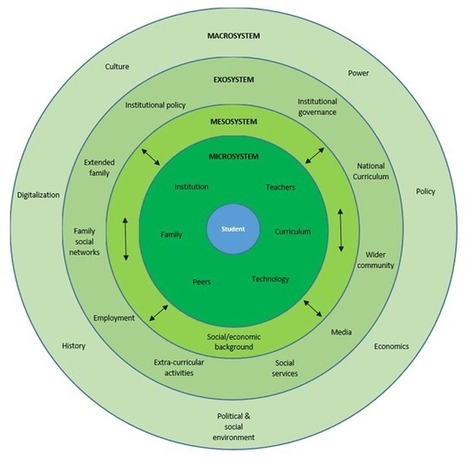This article describes the ICAP framework that defines cognitive engagement activities on the basis of students’ overt behaviors and proposes that engagement behaviors can be categorized and differentiated into one of four modes: Interactive, Constructive, Active, and Passive. The ICAP hypothesis predicts that as students become more engaged with the learning materials, from passive to active to constructive to interactive, their learning will increase. We suggest possible knowledge-change processes that support the ICAP hypothesis and address the limitations and caveats of the hypothesis. In addition, empirical validation for the hypothesis is provided by examining laboratory and classroom studies that focus on three specific engagement activities: note taking, concept mapping and self-explaining. We also consider how ICAP can be used as a tool for explaining discrepant findings, dictate the proper choice of a control condition, and evaluate students’ outputs. Finally, we briefly compare ICAP to existing theories of learning.
Research and publish the best content.
Get Started for FREE
Sign up with Facebook Sign up with X
I don't have a Facebook or a X account
Already have an account: Login
Female Voices Around the Web
Curated by
Ana Cristina Pratas
 Your new post is loading... Your new post is loading...
 Your new post is loading... Your new post is loading...
|
|




![[PDF] The ICAP Framework: Linking Cognitive Engagement to Active Learning Outcomes | Semantic Scholar | Voices in the Feminine - Digital Delights | Scoop.it](https://img.scoop.it/9biKS5O8knimHh5RHrXiqjl72eJkfbmt4t8yenImKBVvK0kTmF0xjctABnaLJIm9)






